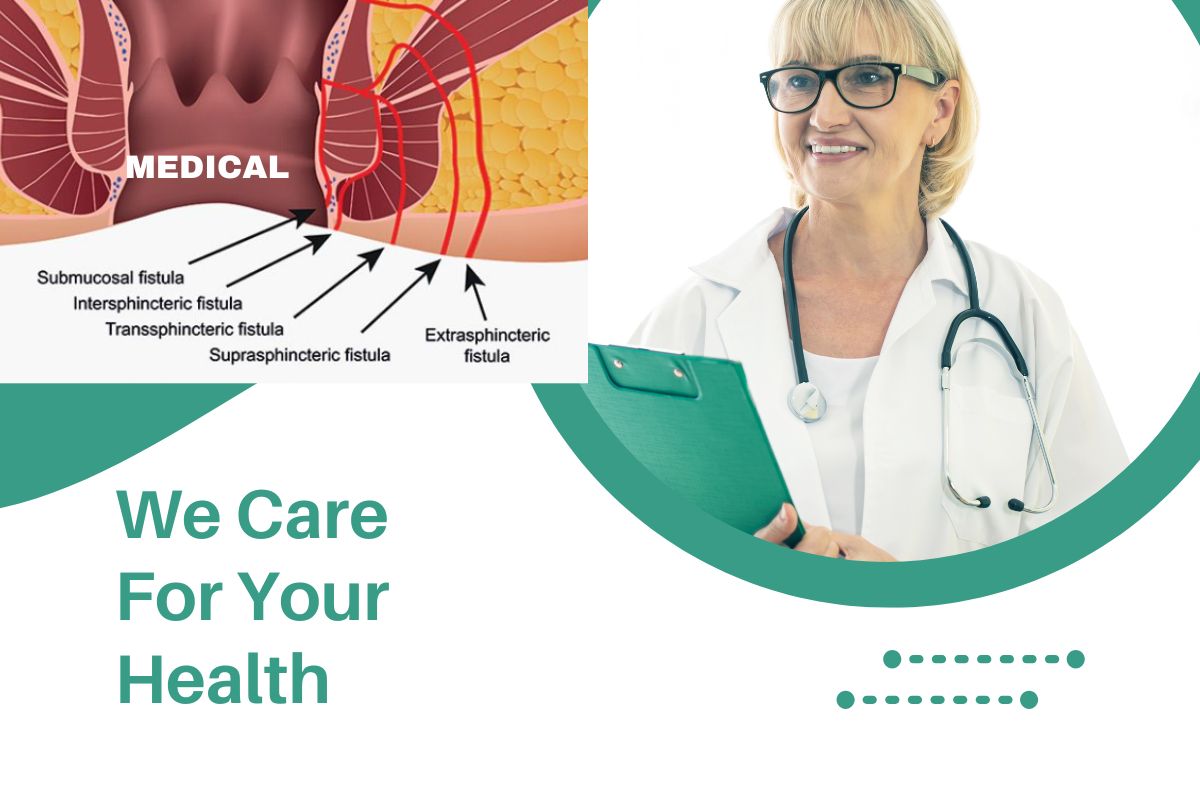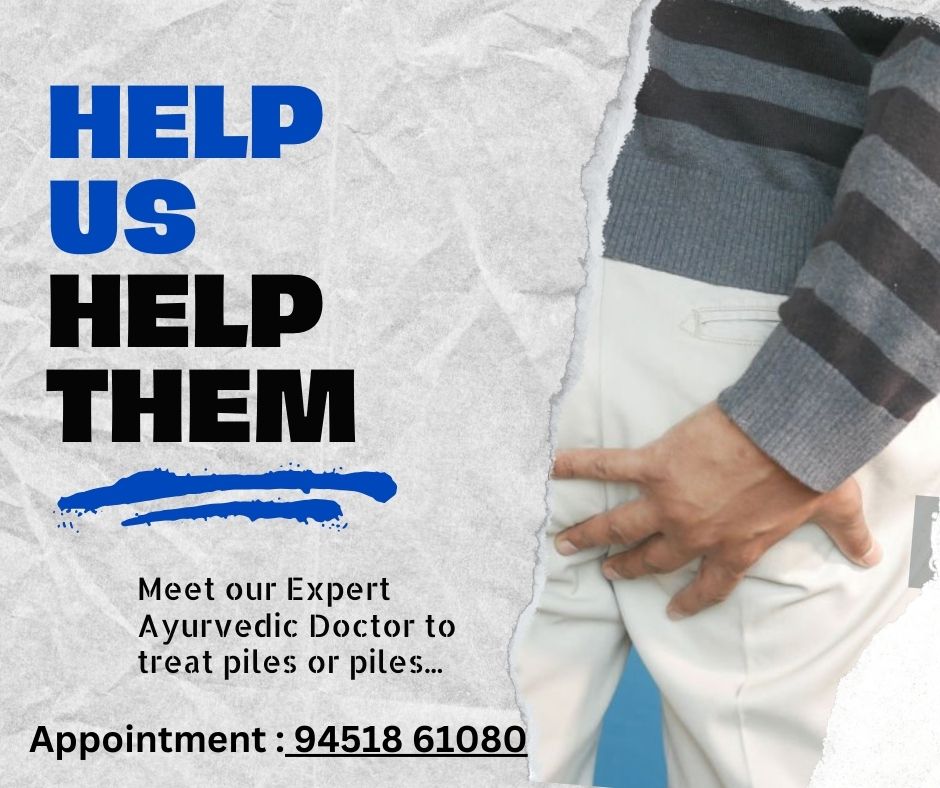What Are Types Piles (Bawaseer)?
Types of Piles
Causes of Piles
Symptoms of Piles
Diagnosis of Piles
Treatment Options for Piles
1. Home Remedies and Lifestyle Changes
• Triphala: This Ayurvedic remedy (a mix of three fruits—Amalaki, Bibhitaki, and Haritaki) helps improve digestion and relieve constipation.
2. Medications
• Painkillers: For temporary relief from pain, but avoid overuse.
3. Ayurvedic Treatments
4. Medical Procedures
5.Role of Ksharsutra in Piles Treatment
Prevention Tips for Piles
When to See a Doctor
Living with Piles
Conclusion
Best Piles Care Treatment Center in Dehradun | Sandhanam Ayurveda
Best Piles Care Treatment Center in Dehradun – Ayurvedic Healing at Sandhanam Ayurveda
Piles, also known as hemorrhoids, are swollen veins in the lower rectum and anus that cause discomfort, pain, bleeding, and irritation. If you’re suffering from piles, finding a reliable, effective, and safe treatment is crucial.
Welcome to Sandhanam Ayurvedic Panchakarma Chikitsalya Evam Piles Treatment Center, Dehradun, where we offer the most effective Ayurvedic piles treatment without surgery. Our holistic approach combines herbal remedies, lifestyle changes, and Panchkarma therapies to provide permanent relief from piles.
Understanding Piles – Causes, Types & Symptoms
What Are Piles?
Piles are inflamed and swollen veins in the anus or rectum. They can occur internally (inside the rectum) or externally (around the anus).
Common Causes of Piles
-
Chronic constipation or diarrhea
-
Straining during bowel movements
-
Sedentary lifestyle
-
Low fiber diet
-
Pregnancy (increased pressure)
-
Obesity
-
Sitting for long periods
Types of Piles
-
Internal Piles: Inside the rectum, usually painless but may bleed.
-
External Piles: Around the anus, often painful and itchy.
-
Thrombosed Piles: External piles with clotted blood, very painful.
Common Symptoms of Piles
-
Pain or discomfort during bowel movements
-
Bleeding (bright red blood)
-
Itching or irritation near the anus
-
Swelling around the anus
-
A lump or mass near the anus
Why Choose Ayurvedic Treatment for Piles?

Modern treatments like surgery (hemorrhoidectomy) often come with pain, side effects, and recurrence risks. Ayurveda offers a safe, non-surgical alternative.
Benefits of Ayurvedic Piles Treatment
-
Non-surgical, no cuts, no stitches
-
Permanent cure with lifestyle correction
-
Treats the root cause, not just symptoms
-
Reduces recurrence chances
-
Completely natural with no side effects
Sandhanam – The Best Piles Care Treatment Center in Dehradun
Why Sandhanam Ayurveda?
✅ 100% Ayurvedic, natural treatments
✅ Experienced Ayurvedic doctors
✅ Tailored treatment based on dosha imbalance
✅ No surgery, no side effects
✅ Affordable and effective therapies
✅ Dedicated piles care specialists
Our Ayurvedic Approach to Piles Treatment
1. Personalized Consultation
-
Understanding the patient’s prakriti (body constitution)
-
Analyzing diet, bowel habits, and lifestyle
2. Herbal Medication
-
Formulated with natural ingredients like:
-
Arshoghni Vati
-
Kachnar Guggulu
-
Triphala Churna
-
Haritaki, Amalaki, and Bibhitaki
-
-
Reduces inflammation, improves digestion, and strengthens veins.
3. Kshar Sutra Therapy (If Needed)
-
A minimally invasive Ayurvedic para-surgical technique
-
Highly effective for complex or prolapsed piles
-
No recurrence and quick recovery
4. Panchakarma Detoxification
-
Basti (medicated enema) for cleansing colon
-
Virechana (purgation) to eliminate toxins
-
Supports digestive health and prevents constipation
5. Lifestyle & Diet Correction
-
High-fiber, light, easy-to-digest foods
-
Hydration therapy – plenty of fluids
-
Avoid spicy, oily, and processed foods
-
Regular yoga and exercise
Home Remedies for Piles (Complementary Advice)
-
Warm sitz baths twice daily
-
Application of medicated Ayurvedic oils like Jatyadi oil
-
Triphala powder with warm water at night for constipation
-
Consuming buttermilk with rock salt for digestion
Note: Home remedies work as supportive care but professional Ayurvedic treatment ensures complete healing.
FAQs About Piles Treatment in Dehradun
Is Ayurvedic treatment for piles permanent?
Yes. It addresses the root cause, ensuring long-lasting results.
Is surgery required?
In most cases, no surgery is required. Ayurveda treats piles non-surgically.
How long does the treatment take?
Mild to moderate cases recover in 2–4 weeks. Chronic cases may take longer.
Is the treatment painful?
No, Ayurvedic treatments are natural and mostly pain-free.
Visit the Best Piles Care Treatment Center in Dehradun
🌿 Sandhanam Ayurvedic Panchakarma Chikitsalya Evam Piles Treatment Center – Dehradun offers the most effective, safe, and natural cure for piles. Don’t wait for the discomfort to worsen.
Contact Us Today:
📍 Address: Ashwani Enclave, 501/1, Shimla Bypass Rd, Sewla Kalan, Majra, Dehradun, Uttarakhand 248171
📞 Call: +91-7017280373
🌐 Visit: www.sandhanamayurveda.com
👉 Book Your Consultation Now and start your journey to permanent relief from piles — the Ayurvedic way!
Best Panchkarma Center in Dehradun | Sandhanam Ayurveda
Best Panchkarma Center in Dehradun – Rejuvenate Naturally at Sandhanam Ayurveda
If you’re searching for the best Panchkarma center in Dehradun, your journey to natural healing ends at Sandhanam Ayurveda. Nestled in the heart of Uttarakhand’s capital, our wellness clinic is renowned for delivering authentic, result-oriented Panchkarma therapies rooted in ancient Ayurvedic principles.
What is Panchkarma and Why is it Important?
Panchkarma is a powerful detoxification and rejuvenation therapy in Ayurveda that removes deep-rooted toxins (Ama) from the body. It consists of five cleansing processes that help restore balance in the body’s three doshas—Vata, Pitta, and Kapha.
Benefits of Panchkarma at Sandhanam Ayurveda
At Sandhanam Ayurveda, our Panchkarma therapies are not one-size-fits-all. Each treatment is customized based on the patient’s Prakriti (body constitution) and specific health conditions.
Some proven benefits include:
-
Deep detoxification of body and mind
-
Strengthened immune system
-
Improved digestion and metabolism
-
Relief from chronic conditions like joint pain, PCOD, migraine, anxiety, and insomnia
-
Natural weight loss
-
Enhanced skin glow and mental clarity
Why Choose Sandhanam Ayurveda – The Best Panchkarma Center in Dehradun?
Choosing the right center is crucial for effective detox. At Sandhanam Ayurveda, we offer:
✅ Certified Ayurvedic Doctors
✅ Peaceful & hygienic healing environment
✅ Authentic Ayurvedic oils & herbs
✅ Personalized therapy plans
✅ Experienced and caring Panchkarma therapists
✅ Affordable treatment packages
Our clinic, led by Dr. Vipul Bhatt and team, ensures that every treatment you undergo aligns with ancient wisdom and modern wellness needs.
Our Signature Panchkarma Therapies
We provide a range of specialized therapies including:
-
Vamana (Therapeutic Emesis)
-
Virechana (Purgation Therapy)
-
Basti (Medicated Enema)
-
Nasya (Nasal Administration)
-
Raktamokshana (Blood Purification)
Additional therapies: Shirodhara, Abhyanga, Pinda Sweda, Netra Tarpana, and Kati Basti.
Who Can Benefit from Panchkarma?
Whether you’re battling:
-
Chronic joint or back pain
-
Stress, anxiety, or insomnia
-
Obesity or hormonal imbalance
-
Skin issues or digestive disorders
Panchkarma can work wonders in rejuvenating your health and improving quality of life—naturally and holistically.
Visit the Best Panchkarma Center in Dehradun Today
Don’t wait for your symptoms to worsen. Experience the healing touch of Ayurveda today for other tretments like piles also..
📍 Visit us at:
Sandhanam Ayurveda, Ashwani Enclave, 501/1, Shimla Bypass Rd, Sewla Kalan, Majra, Dehradun, Uttarakhand 248171
📞 Call for Consultation: +91-7017280373
🌐 Book online: www.sandhanamayurveda.com
Ready for a Natural Detox?
Experience the time-tested wisdom of Panchkarma.
👉 Book your Ayurvedic consultation now and begin your journey to wellness!
📅 Schedule Appointment | 📞 +91-7017280373




